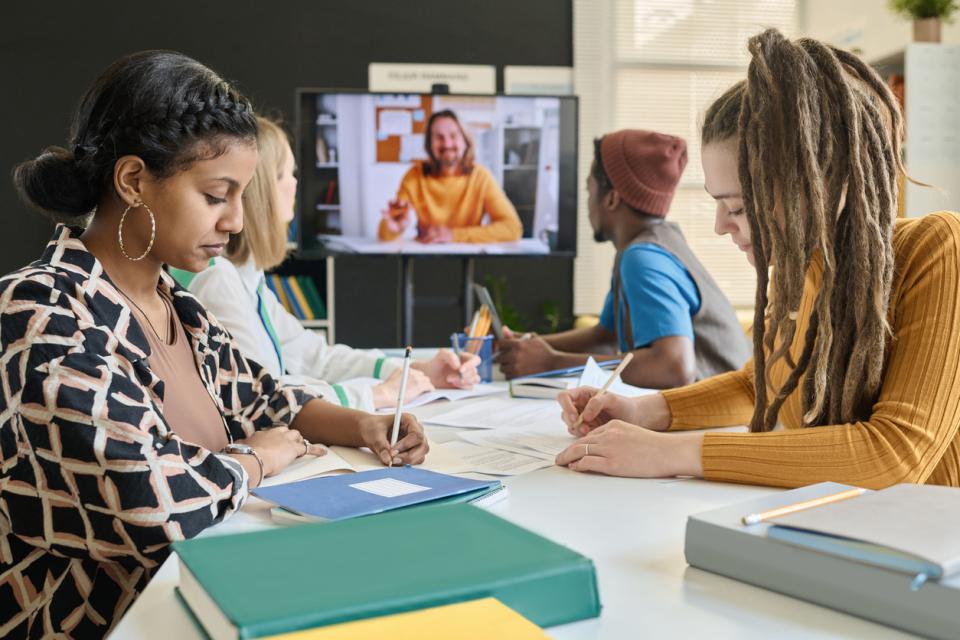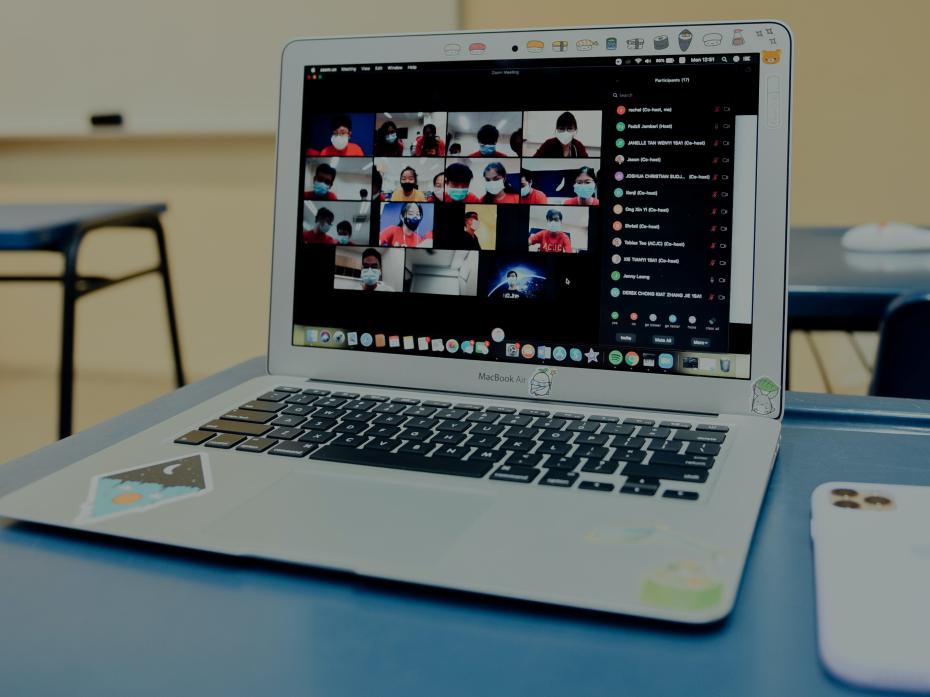Students often progress into careers where effective teamwork with colleagues from other countries through the use of digital technologies is a highly valued skill. Pedagogies that foster these skills benefit graduate outcomes. And yet, traditional higher education teaching approaches do not equip students to cultivate such abilities.
Collaborative online international learning (COIL) offers students and educators the opportunity to work with peers in other countries, broadening horizons, honing skills and addressing local and global challenges. Students must work in teams with students from a university in another country to meet learning outcomes, building communication and teamwork skills. Educators also benefit from COIL; they, too, can broaden their intellectual and cultural horizons by co-exploring with students and academics from home and partner institutions.
Our institution’s psychology department has run several COIL projects over the past few years. Reflections from these projects identify several factors that underpin a successful one:
Plan activities that pave the way for collaboration
The design should support collaboration among students. Team-building activities should be embedded in any COIL activity to prepare students for later successful collaboration and learning. We often start with activities that help students find common ground with each other. This might take the form of an icebreaker, so students feel comfortable talking to each other online and can make links with their peers and their own experiences and motivations.
Building successful collaborative teams also requires careful planning so that students are working at similar levels but can bring different perspectives. We have learned not to assume students know how to work together in teams. They need support to take on roles and to learn how to contribute effectively to a team. This might take the form of a briefing about the value of defining roles and examples of roles. This could be followed by regular check-ins during the COIL project to give students a chance to discuss how they are working together to reach their goals.
It is important to introduce the concept of intercultural communication skills. Students are less attuned to opportunities to develop this core COIL outcome where it is left implicit. In our first session, we share intercultural communication skills concepts so students have them in mind during their COIL experience. We also ask students to reflect on their intercultural communication journey as part of a plenary session.
- Spotlight guide: Get your students workplace-ready
- Strategies to train students in three transferable skills wanted by employers
- Beyond borders: how to make online global collaborative learning work
Cultivate a culture of curiosity
Best-practice COIL design draws on enquiry-based pedagogies, so keep this in mind. In our projects, each team must form their own question to address in response to a subject of enquiry. In our COIL partnership with Humber Polytechnic, the subject was crime and restorative justice. Giving students control over their own question empowered teams to take ownership of their learning journey.
Discuss student expectations
Session design needs to allow students to set clear shared goals and discuss agendas. In one of our COIL pilots, a group completed the COIL as an extracurricular option whereas, for the other group, it was embedded into their curriculum. One group wanted to hone their English language skills whereas the other group was more practical in their focus; they only wanted to get the information to pass the summative assessment. Engagement differed widely between the two groups, which caused frustration. The possibility of competing agendas needs to be recognised and brought out into the open.
Make time for everyone
The teams need a structure that includes timescales and regular check-ins so they can stay on a clear path. For example, in a six-week COIL project, we would schedule weekly check-ins with the teams. Check-ins gave students a chance to give feedback on their progress and sense-check their approach to addressing their question. They also helped maintain contact with the educators overseeing the COIL project.
On a practical level, successful COILs will need educators and students to navigate the coordination of meetings and teaching sessions at convenient times for all partners and student teams. An invaluable skill for the future workplace is being able to accommodate the needs of others and plan accordingly.
Equip students with core digital skills
Through COIL, students learn how to use digital platforms that facilitate shared experiences. In our experience, students are not always confident using online platforms such as Microsoft Teams or Zoom. It helps to include an introduction to the COIL’s primary technology platform but also give latitude to students to experiment with other technologies and apps that they encounter through COIL. An element of trial and error is helpful, as is setting aside some time for students to reflect on their use of technology and their digital skills development. This could take place during check-ins or in a final plenary.
COIL can be a rewarding way to refresh a course and build opportunities to develop sophisticated employability skills into the curriculum. It blends experiential learning, intercultural communication and digital tools with the development of co-created subject knowledge. The approach fosters opportunities to take learning out of the classroom and into a global arena. COIL needs careful planning and operational management to succeed. But it is a worthwhile undertaking that prepares students for the challenges of balancing local and global contexts in their future workplaces.
Gareth J. Williams is associate dean for international, recruitment and strategy in Nottingham Trent University’s School of Social Sciences. Glenn A. Williams is principal lecturer for internationalisation in Nottingham Trent University’s Department of Psychology.
If you would like advice and insight from academics and university staff delivered direct to your inbox each week, sign up for the Campus newsletter.




comment